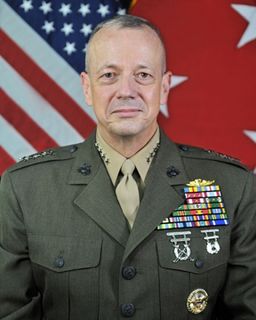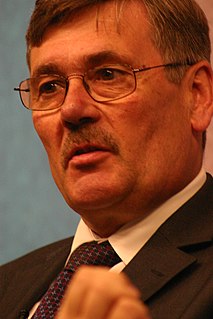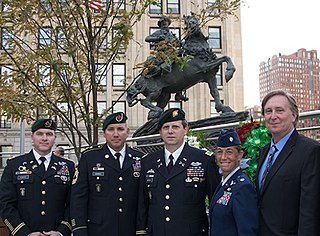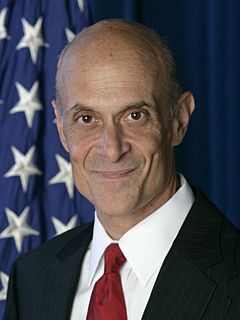A Quote by John R. Allen
There is a direct line relationship between what happened in Afghanistan in the work up to 11 September 2001 and what we're doing in Afghanistan today.
Related Quotes
Afghanistan would have been difficult enough without Iraq. Iraq made it impossible. The argument that had we just focused on Afghanistan we'd now be okay is persuasive, but it omits the fact that we weren't supposed to get involved in nation-building in Afghanistan.In my new book, I open with a quote from Donald Rumsfeld. In October 2001, he said of Afghanistan: "It's not a quagmire." Ten years later there are 150,000 Western troops there.
America does not hold to the colonial tradition. America came, liberated Afghanistan from the Taliban and al-Qaida, came to an arrangement with Hamid Karzai, wanted to organize elections as soon as possible and then withdraw. The Bush administration thought that once there is a democracy, everything else will fall into place. If today you speak to the architects of the 2001 Afghanistan Conference in Bonn, they will tell you that instead of being fixated on elections, we should have built a State in Afghanistan with an army and a police force first.
You don't bargain with terrorists. You don't appease terrorists. And anybody who believes that this is about something we've done has to ask themselves why it is, on September 11, 2001, before we were in Afghanistan, before we were in Iraq, he committed a dastardly attack killing over 3,000 people. I mean, this is not a matter of negotiation; it's a matter of victory.


































